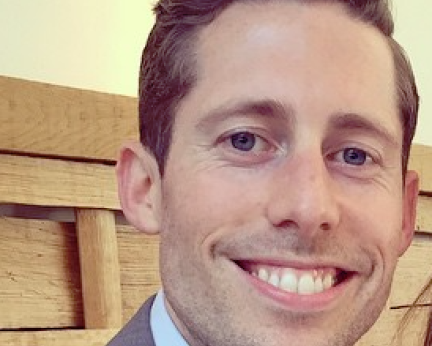By the age of 15 I’d decided on a career in medicine. It was the combination of working in science and being able to help others that really appealed. I’m the first doctor in my family.
During medical school I enjoyed surgery and was exposed to some inspiring surgical role models. I also chose a student-selected module in trauma and orthopaedic (T&O) surgery, which involved a research project.
After medical school I progressed to two years of foundation training, FY1 and FY2. I deliberately applied for jobs that included surgical rotations - ear nose and throat (ENT), urology, general surgery and T&O. I also gained useful experience in A&E and diabetic, renal and endocrine medicine.
During foundation training, surgical experience mainly involves ward-based care of patients before and after their operations, rather than being involved in the operating theatre. The opportunities to learn about surgery during foundation training do exist, but you have to make things happen for yourself. I tried to make life easier for the surgeons, by working hard on the wards and ensuring the patients were looked after, then making time to get to theatre. In return I gained some early experience in operating.
After foundation training I applied for general core surgical training (CST), which lasts a further two years. After six months in CST I’d decided that T&O was for me, I contacted the training programme director, requesting to transfer onto ‘orthopaedic themed’ CST and I was lucky enough to be accepted.
It’s important to make contact with people and ask for help if you are interested in surgery. The competition is intense, but many people helped me along the way and without them I might not have been successful in gaining a place on the higher specialist training programme.
Before commencing higher specialist training I had already gained some research and teaching experience. CV building is tough and there are many hurdles, mainly a lack of knowhow. Initially I helped other doctors with the more mundane aspects of research, conducting literature searches and referencing to gain experience. I set up teaching programmes for medical students to help them with their final exams, and demonstrated anatomy in my spare time.





